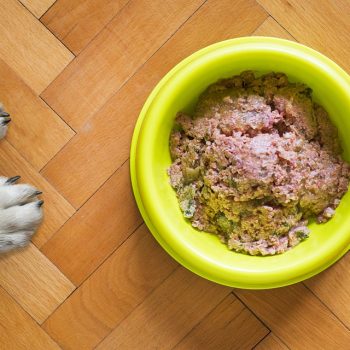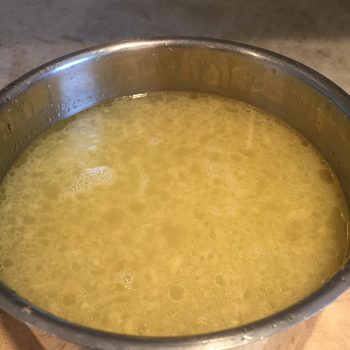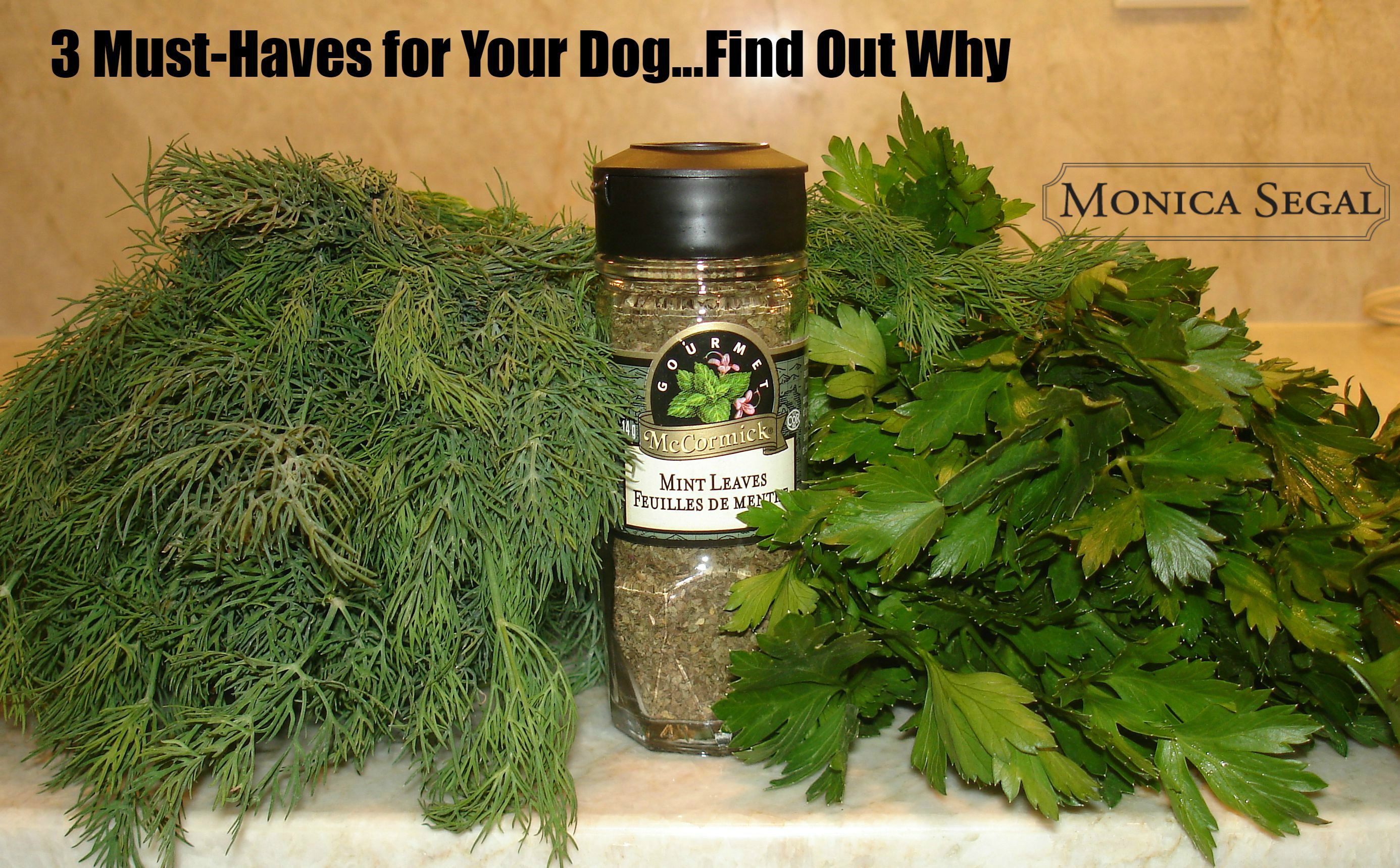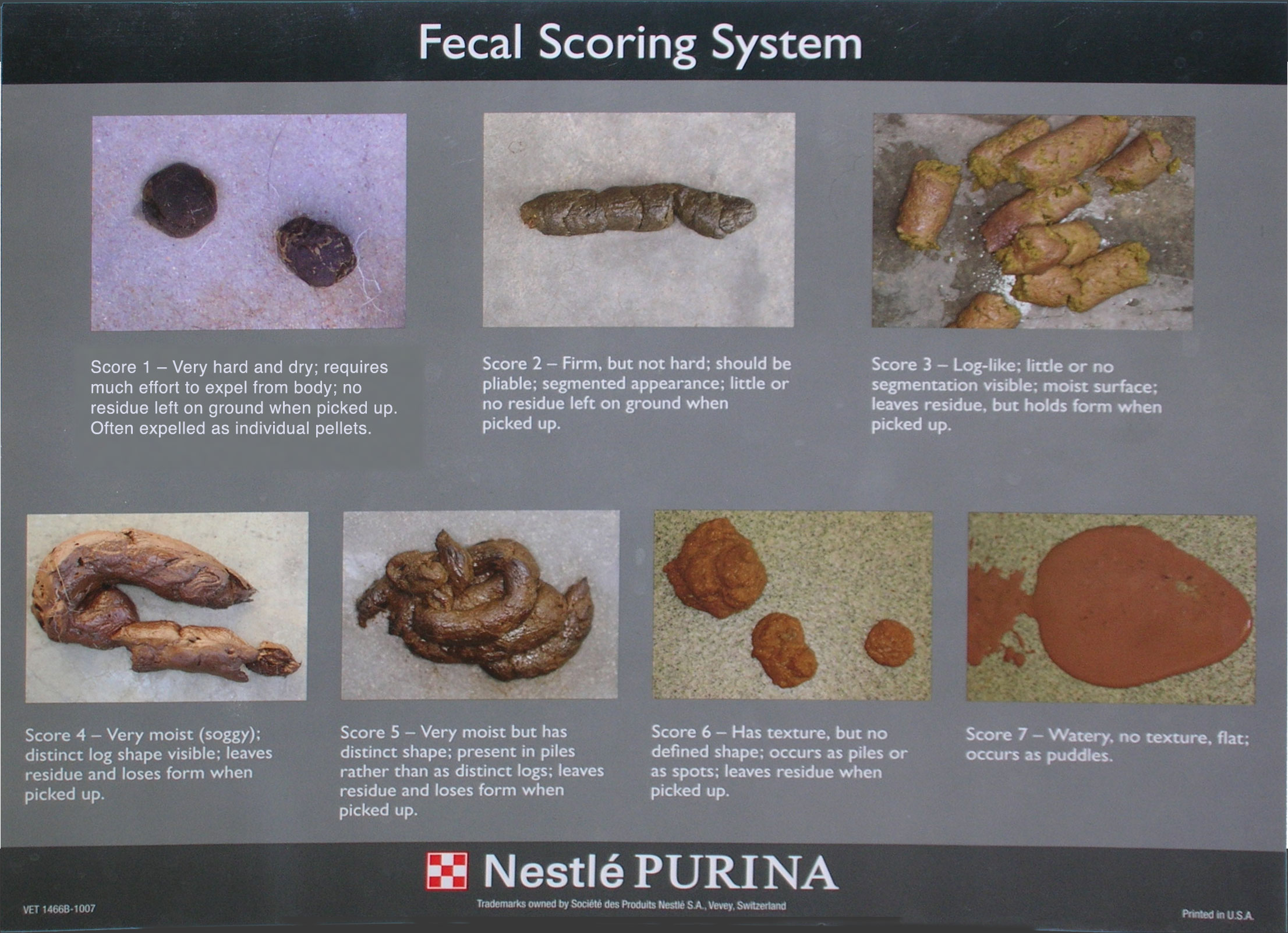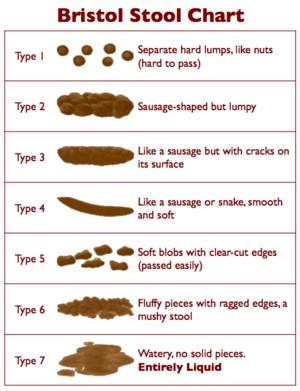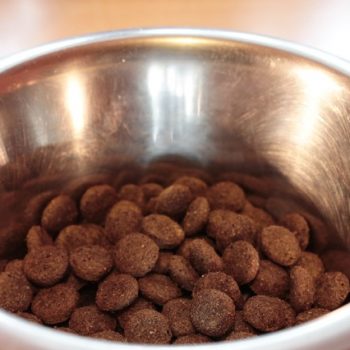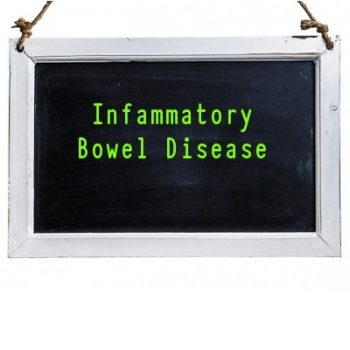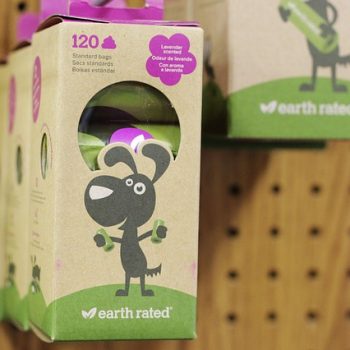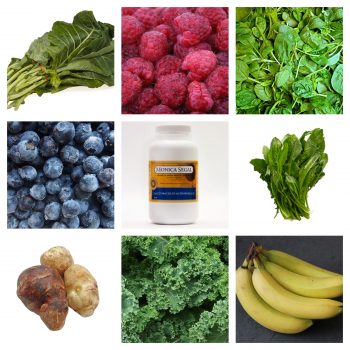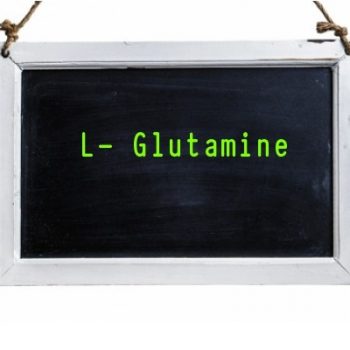Sunday, April 25th, 2021
There has been a lot of recent negative social media buzz on hydrolyzed diets. There’s very little that will put pet parents (myself included) into an emotional tailspin than information regarding something that can harm our four-legged family. This is especially true when the opinion comes from vets that many dog parents see as authority figures and thus the message gets repeated by their followers. Eventually, fear replaces factual information. I’m asking you to hit the pause button on all emotional reactions and consider the following.
What may lead a dog parent down the road of hydrolyzed foods?
The typical scenario starts with a dog owner who is frustrated as their dog deals with various allergic responses to food. Read more The Reality vs The Hype of Hydrolyzed Diets
Saturday, February 6th, 2021
A healthy gut equates to a healthier dog. Healthy + slim = improved quality of life and longevity.
Three key points the study makes:
- Dogs fed fresh food don’t need to consume as many calories as when fed kibble
- Human grade food is more digestible than commercial dog food
- Dogs on freshfood diets have healthier gut biomes
Read more Human Grade Ingredients in Pet Foods
Wednesday, February 3rd, 2021
Many dogs love cooked squash –not only a good source of potassium -it’s also a great source of soluble fiber, which can help dogs feel more satisfied after eating and helps promote intestinal health.
Potassium plays an important role in maintaining osmotic balance, transmitting nerve impulses and facilitating muscle contractions. It’s an important electrolyte that is often lacking in raw diets because the best sources are veggies and fruits.
Which variety to choose depends on your nutrition goals. Read more Is Squash Safe For Dogs?
Wednesday, November 25th, 2020
Are you opening windows and burning candles before friends come over?
Are you wearing a mask inside the house even when it’s just you and your dog watching Netflix?
It’s not normal for dogs to have consistent bad gas. Think how uncomfortable you’d be in the same situation.
Many people start adding probiotics and digestive enzymes to try and help, but the first thing to evaluate is – is my dog’s food really working for him/her? Read more Does Your Dog Have Gas?
Saturday, October 17th, 2020
Working in the field of canine nutrition and formulating dog diets extends itself to being a bit of a detective at times.
Every dog can have a lousy stool now and then and some dogs with GI diseases may have them more often, but what about dogs that are ‘fine’ except for having incredibly soft stools every 1-3 months? These stools may be watery or have mucus and last 1-4 days or so. Then everything looks great again. It’s frustrating for dog parents and we suspect the dog’s not overly happy about it either! From our perspective, not knowing if the dog reacted to a food or something else prolongs finding a solution.
We ask if the dog has been dewormed and are often told the fecal test was negative, so there was no reason to do so. Here’s what we want you to know: Read more Dogs With Bad Poops
Friday, July 19th, 2019
Die-off is a coined term for Jarisch-Herxheimer reaction. Simply put, it’s a reaction to the products that harmful bacteria release when they die during antibiotic treatment. So, when you took that antibiotic that killed the bad bacterial infection you suffered from, and then had diarrhea and blamed it on the antibiotic, you were probably right. But dietary changes – even those that are beneficial to the get – can cause loose stool, and we see the die-off effect for a different reason. Confusing to the observer even when we know the facts, but since dogs don’t come with zippers down their bellies (an unfortunate error in creation) we need to try and decipher what’s happening.
Read more The Die-Off Effect
Tuesday, February 26th, 2019
Many dog parents are aware that gut health is important for overall wellness and that there is a relationship between gut health and food intolerances and allergies. Inflammation from within is often expressed externally as itching, scratching, and loose stools.
We see problems arise when well-intentioned owners try to treat their dog’s food sensitivity or intolerance issues by adding probiotics and fermented foods -before they’ve eliminated the food triggers.
Although human studies have assessed probiotics for treatment of food allergies, they were done prenatally, in infants and in children and the results were inconsistent. The gut microbiome changes throughout life so more research is needed in determining whether probiotic supplementation can alleviate food allergies in adults. We also have to remember dog’s have different microbiota composition so the results can’t be easily transferred. Read more Fermented Foods – Gut Health – Food Intolerances – there’s more to the story
Sunday, January 20th, 2019
Bone broth can be a healthy way to rest a dog’s GI tract and nourish it. Everyone has their own way of making it. Mine is super simple without additions of veggies or herbs because having this basic broth in the freezer allows versatility.
You can make it out of raw meaty bones, bare bones, or whole birds like chicken, quail, etc. Organic is much preferred because bones can be storehouses of minerals including heavy metals, so the ‘cleaner’ the source, the better. Read more Bone Broth Recipe For Dogs
Saturday, September 12th, 2015
Fresh, or dried herbs can be a bonus for your dog, and some have helpful properties for specific body functions.These simple kitchen herbs bring old world traditional wisdom to the bowl. They may not replace more specific and powerful herbs with other actions, but they’ve helped an awful lot dogs! Read more 3 Must-Have Herbs For Your Dogs
Wednesday, April 29th, 2015
Our Tori’s health challenges brought so much to the table that learning how to manage everything provided lessons she allows me to share even now that she’s gone. For example, Immune Mediated Hemolytic Anemia is exceptionally expensive to treat, and if there are relapses it becomes worse. Pet insurance was a must-have and thankfully we had it. I appreciate that it may be considered inappropriate/crude to talk about money, but I think it’s unrealistic not to. All in all Tori experienced 5 relapses, the last of which became a runaway train that no amount of money or medications could push back.
Read more IMHA, Thyroid, UTI, Supplements and More: Lessons Tori Taught
Tuesday, October 28th, 2014
Sometimes medications are the best solution, and sometimes a natural approach works so well that meds are avoided – my favorite scenario!. Here are a few things that work really well for a lot of dogs:
Problem: Diarrhea
In all cases: it can be due to parasites, indiscriminate eating, GI diseases…you need to know the “why”. But for the odd bout of the poopies, fasting the dog for 12-24 hours rests the GI tract. Some people say it’s not necessary, but I find it really helps because the more you feed, the longer the system seems to stay on auto-pilot to flush everything out. Keeping the dog hydrated during a fast is critical though. Encourage water consumption, and if the dog refuses, try adding a bit of chicken broth (skim any fat).Diarrhea combined with vomiting = vet visit, sooner rather than later.
Read more 5 Natural Solutions To Your Dog’s Diarrhea
Tuesday, July 29th, 2014
Poopsicles…they’d make a million dollars for anyone who had the gumption to sell them. Dogs that eat poop are even wilder about the morsels when they’re frozen which makes us wonder why…but then we wonder why on earth they eat poop to begin with. Here are 6 possibilities and some thoughts:
1. Boredom
2. Do away with evidence that can bring punishment (even disapproval may be seen as punishment)
3. Because the dog thinks it tastes good. Let’s face it – dog’s don’t have the same taste preferences we do. Read more Why Do Dogs Eat Poop?
Sunday, July 13th, 2014
My experience suggests that dogs do this for two main reasons: they’re using it to purge their bodies of something (food that disagrees with them, or something they’ve ingested that may, or may not be food), or they’re searching for something to do, and perhaps enjoy eating. In other words, the dog may find this behavior entertaining, relaxing, or even nutritionally beneficial. You can tell which of the two a dog is experiencing by watching the way they go about eating it.
Frenzied behavior that leads them to eat whichever grass happens to be closest to the door you’ve let them through (often because they seem to have an urgent need to get outside), and vomiting afterward can be due to a health problem, or is a sign of the diet not agreeing with the dog. If it happens often, and the vet has given an all-clear, it may be time to take a 3 pronged approach: Read more Why Dogs Eat Grass
Tuesday, September 17th, 2013
Dogs can need dietary help for many reasons including being able to find a forever home. Anyone working in rescue knows this. It’s difficult to get a dog adopted into a good home if that dog has ongoing gastrointestinal troubles and that include anything from diarrhea to bloat, or is in kidney failure, liver failure, etc. There aren’t all that many people who will take on the financial and emotional challenge of a dog like that. My role has been to minimize the problem by dietary means, but even that can make it difficult to find an adopter because not everyone is willing to prepare a home-made diet. So, what do you do when you need to continue feeding a commercial diet, but improve things enough to make the dog more adoptable? Here are some of the dogs on my roster who ended up being adopted and treasured. They make my day whenever I think of them.
Read more Dietary Help for Dog Rescues
Tuesday, December 11th, 2012
I’ve been formulating canine diets since 1998, and my dogs, Zoey and Cassie had IBD and colitis, so it seemed natural that most clients had dogs with the same problem. They related to my experience with GI diseases, and I could certainly relate to theirs. This still holds true, although today’s clients run the gamut from healthy dogs to ones with all types of serious diseases and conditions.
Many dogs with IBD have food allergies and most of their owners live in fear of new food allergies developing. No doubt, it can happen, but it’s not carved in stone. Read more Canine IBD and Food Allergies
Saturday, November 24th, 2012
There was so much response to my FB post about dog feces that I want to show you this scoring system, too. That’s right – there are scores that you can point to when conversing with the vet. In fact, I think it would make conversations easier if all vet offices provided this. Purina’s made it easy. Now it’s up to vets and their clients to use it.
Dogs with GI problems are more likely to produce # 4 – #7 prior to the condition being under control, but eating something (food that doesn’t agree with the dog, leaves, and whatever else dogs gobble down without the owner noticing) can cause this as well. Read more What’s Your Dog’s Poop Score?
Tuesday, August 21st, 2012
Put down your coffee cup or whatever you may be eating. We’re about to get into the nitty gritty about dog poop. For 20+ years, I lived with dogs that had gastrointestinal (GI) diseases, so poop-patrol was a serious part of life. If you have one of these dogs, you know exactly what I’m talking about. You feel trepidation every time the dog defecates, stare at it, and pick through it with a stick if you can pick through it at all.
Many of my clients have dogs with GI diseases, and they try to be delicate when describing the stool, but after so many years of dealing with this, and especially with the addition of another 14+ years of working with clients, there’s probably nothing I haven’t seen or heard. Some clients become so frustrated by trying to find the right words that they resort to taking pictures and sending them to me so I can see for myself. My favorite was a picture of bright blue stool. Perfectly shaped mind you, but incredibly blue. Turned out the dog had counter surfed when a blueberry pie was sitting there and…well, you can guess the rest. Read more Stool Chart aka Dog Poop Chart
Saturday, August 4th, 2012
A food allergy involves the immune system. Think peanut allergy in people, for example. BIG reaction! The immune system has a memory like no other, so an exposure to the allergen will cause a reaction every time. In dogs, you’ll see this as excessive scratching, chewing paws, biting of flanks, and there may be ongoing gastrointestinal trouble.
An intolerance to a food (think lactose intolerance) will also cause a reaction, but the immune system is not involved. You drink some milk, have some pain and diarrhea and then it’s over. Unlike an allergic reaction which causes the body to send off chemicals to protect itself from what it believes is a foreign invader for weeks to months, an intolerance ends once the offending food has been removed from the diet.
So what? Why does the difference matter?
Read more Food Allergies and Intolerances
Thursday, July 5th, 2012
I work with a lot of dogs that have gastrointestinal (GI) trouble. IBD, colitis, you name and it and I’ve probably consulted on it, but more than this, I have a 20+ year history of my own dogs with GI troubles. Someone once joked that it was if I had a sign on my forehead that read “All GI dogs welcomed here”, and it seemed true. Maybe those dogs were sent to me so they could teach me about the disease processes and what we can do about them, or maybe I just need to fabricate some reason for my own musings, but two things are true: The dogs suffer and the owner suffers right along with them.
A common problem with these dogs is that so many of them seem to have a type A personality. Not only can they be stressed out a lot of the time, but they seem to have a drive that pushes them to do more, do it faster, do it on their own terms. Read more Body and Mind Connection
Tuesday, April 24th, 2012
Both are said to be good stuff, and heaven knows we can find them added to all kinds of foods (especially in dairy products) and supplements these days – but what the heck are they? And are they really good, or just another sales pitch being thrown our way? A bit of both, actually. I wrote a brief post about this a while back, but if my in-box is to be believed, expanding on the information is of interest to an awful lot of folks; not just for their dogs, but for themselves.
Inulin and fructo-oligosaccharides (not quite the same, but used interchangeably) aka FOS are basically nothing more than carbohydrates belonging to a class of compounds known as fructans. Read more Inulin, fructo-oligosaccharides…say what?
Wednesday, April 18th, 2012
You’re feeding an over-the-counter (OTC) venison diet…or are you? It turns out that some commercial diets labelled as containing venison as the only meat source, can include other things that may trigger an allergic response. “Three of the four over the counter (OTC) venison canine dry foods with no soy products named in the ingredient list were ELISA positive for soy; additionally, one OTC diet tested positive for beef protein with no beef products listed as an ingredient list. One OTC venison diet was not found to be positive for soy, poultry or beef proteins. However, none of the four OTC venison diets could be considered suitable for a diagnostic elimination trial as they all contained common pet food proteins, some of which were readily identifiable on the label and some that were only detected by ELISA.” Read more So You’re Feeding a Venison Diet – Really?
Tuesday, November 15th, 2011
Also referred to as IBD, dogs with this disease have common symptoms although not all dogs will experience the gamut of them. Diarrhea, mucus in the stool, a sheath that looks like a sausage casing around the stool, vomiting, weight loss, noisy tummy sounds, refusal of food, hiding after eating…basically, a lot of obvious signals that the gastrointestinal tract is in bad shape and the dog feels poorly.
Most cases of IBD include food allergy which is why changing the diet to one or two foods (fresh foods, not commerciall diets) the dog has never consumed before usually works very well. An allergic reaction includes inflammation and when the gut is inflamed, permeability often results. Read more Inflammatory Bowel Disease in Dogs
Monday, October 24th, 2011
People send me a lot of emails about their dog’s stool. Sometimes, they send pictures of it. No, I’m not kidding. They want to know if the poop looks to be the right color, texture, etc. They’re worred (I get it) and even more so if they’ve read something on the internet about what the perfect stool looks like and Fido produces anything different from that.
The latest cause for their concern comes from a site that states healthy stool must be hard/firm and brown, but it must turn white within a day and disintegrate within two days. Anything other than that is considered to be bad. So, now we have not only a description, but a timetable to follow! Seriously?
Normally, stool is brown due to a series of reactions in the body, and to bacteria present. Read more The Scoop on Dog Poop
Thursday, October 20th, 2011
The excitement about prebiotics is deserved but overdone. It’s deserved because sometime in the mid ’90s a doctor in Brussels coined the term to describe something that’s very old but wasn’t understood all that well. It’s overdone because prebiotics have been around from the start. It’s just that we didn’t have a fancy name for sugar molecules that escape digestion and so, help to feed the good-guy bacteria in the bowel.
Probiotic bacteria aka good-guy bacteria (remember that acidophilus is proven in dogs whereas others are questionable at best) helps to crowd-out nasty bacteria.
Since prebiotics help to ‘feed’ probiotics, the former is often added to supplemental probiotics to keep the bacteria thriving. Not only is this not necessary if the probiotic is freeze dried, but many dogs can’t handle some of the common prebiotics being used. Read more Prebiotics and Probiotics for Gut Health
Thursday, October 6th, 2011
The general classification of amino acids is broken down into three categories. Essential amino acids are called essential because the body isn’t able to produce them, so they have to come from foods.
Unessential amino acids are, in fact, needed by the body as well, but the body can manufacture them if all essential amino acids are present in sufficient amounts. A conditionally essential amino acid is one that the body may need more of when certain circumstances arise. Read more L- Glutamine – A Conditionally Essential Amino Acid


